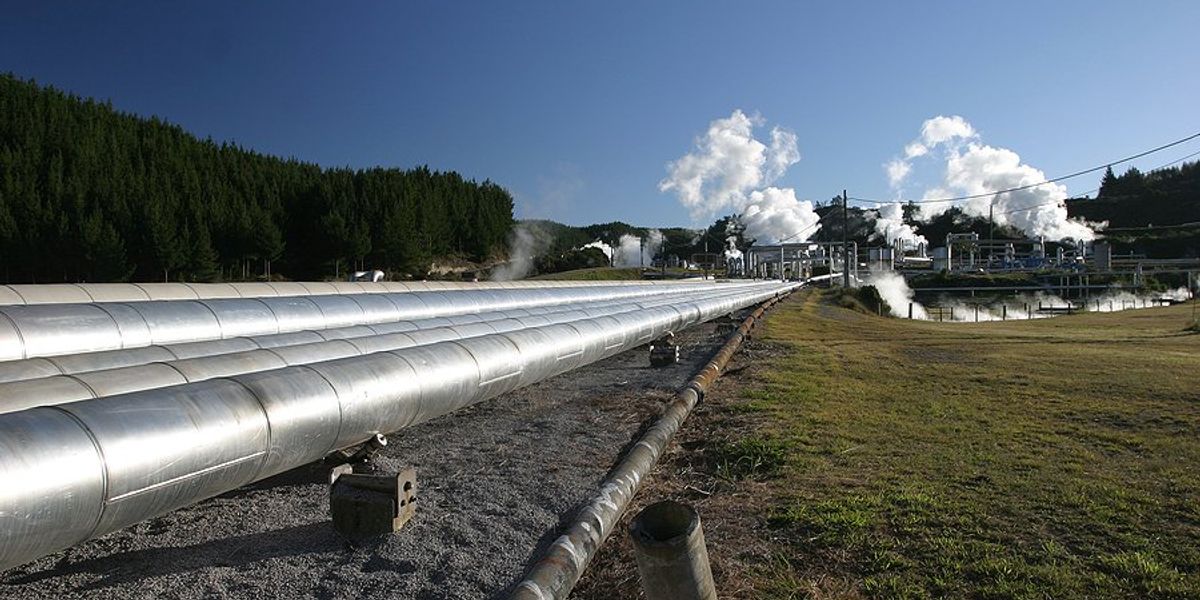
Geothermal energy in Southeast Asia faces financing and community hurdles
Southeast Asia’s vast geothermal energy potential remains underused due to financial risks, regulatory delays and local resistance, despite efforts to expand its role in clean energy transitions.
Victoria Milko reports for The Associated Press.
In short:
- Indonesia and the Philippines have significant geothermal reserves but use less than 10% of their potential due to high costs and risks during the exploratory phase.
- Both nations aim to boost geothermal energy as part of their renewable energy goals, with Indonesia working to streamline permits and the Philippines offering green energy auctions.
- Community opposition, often rooted in safety and environmental concerns, has slowed projects, highlighting the need for better public engagement.
Key quote:
“We need to show that this development benefits all people, not just a company. It’s not about being a good neighbor, it’s about being the best neighbor and really working with communities to respect their concerns.”
— Marit Brommer, CEO of the International Geothermal Association
Why this matters:
Geothermal energy offers a reliable and clean alternative to fossil fuels, essential for combating climate change. Overcoming development challenges in Southeast Asia could unlock this resource’s potential, reducing emissions and supporting sustainable growth.
Related:














